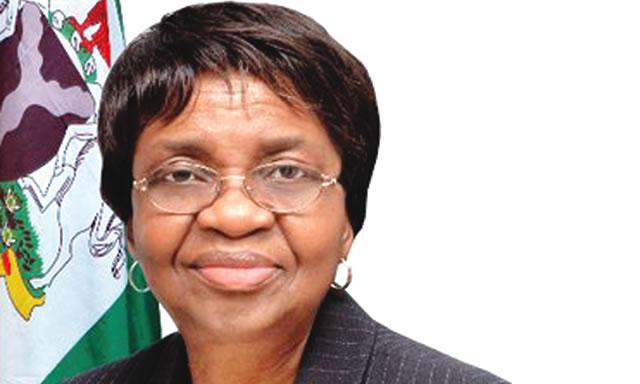Key highlight
- The DG of NAFDAC has revealed that the Oxford Malaria vaccine has been approved by the FG.
- She said the approval was done following a review by NAFDAC’s Vaccine Advisory Committee by using standards of the World Health Organisation across relevant domains.
- The committee recommended a provisional approval of the vaccine which will be done in line with the WHO’s Malaria Vaccine Implementation Guideline.
The Nigerian government has approved the use of the R21 Malaria Vaccine (Recombinant, Adjuvanted).
The approval was revealed in a press briefing on Monday by Mojisola Adeyeye, the Director General of the National Agency for Food and Drug Administration and Control (NAFDAC) in Abuja.
Last week, Ghana became the first country in the world to approve the new malaria vaccine from Oxford University.
She said the approval was made by NAFDAC while exercising its mandate under NAFDAC Act CapN1, LFN 2004.
She noted that the vaccine is indicated for the prevention of clinical malaria in children from 5 months to 36 months of age and the storage temperature of the vaccine is 2-8 °C.
The statement: Adeyeye said the Malaria vaccine dossier was reviewed by NAFDAC’s Vaccine Advisory Committee independently using standards of the World Health Organisation across relevant domains and was subjected to independent review at two levels.
She also noted that a provisional approval of the R21 Malaria Vaccine was recommended which shall be done in line with the WHO’s Malaria Vaccine Implementation Guideline.
“NAFDAC in exercising its mandate as stipulated by its enabling law, NAFDAC Act CapN1, LFN 2004 is granting registration approval for R21 Malaria Vaccine (Recombinant, Adjuvanted) manufactured by Serum Institute of India Pvt. Ltd.
“The Marketing Authorization Holder is Fidson Healthcare Ltd in line with the Agency’s Drug and Related Products Registration Regulation 2021.
“The vaccine is indicated for the prevention of clinical malaria in children from 5 months to 36 months of age. The storage temperature of the vaccine is 2-8 °C.”
“NEVAC members reviewed all sections independently using best review practices and met physically in plenary to assess and debate the reviews by sections, raised queries, and made recommendations accordingly.
“The Joint Review Committee recognised the importance of an effective malaria vaccine (with 75 per cent protection) as an additional interventional tool, as a critical need in Nigeria with the highest malaria burden.
“The Joint Review Committee also recommended an additional phase four clinical trial, pharmacovigilance study in-country in the implementation given the peculiarity and heterogeneous nature of malaria in Nigeria.
“The Joint Review Committee was also interested in reviewing data of the human-malaria parasite dynamics of the 25 per cent not covered to understand issues bothering on non-protection that could inform further research.
“A provisional approval of the R21 Malaria Vaccine was recommended and this shall be done in line with the WHO’s Malaria Vaccine Implementation Guideline,” Adeyeye said
What you should know
- According to WHO report More than 260 000 African children under the age of five die from malaria annually.
- Malaria remains a primary cause of childhood illness and death in sub-Saharan Africa. In October 2021, WHO recommended the use of the RTS, S/AS01 (RTS, S) malaria vaccine among children in sub-Saharan Africa and in other regions with moderate to high P. falciparum malaria transmission.
- According to WHO, the recommendation is based on results from a pilot programme in Ghana, Kenya and Malawi that has reached more than 900 000 children since 2019.
